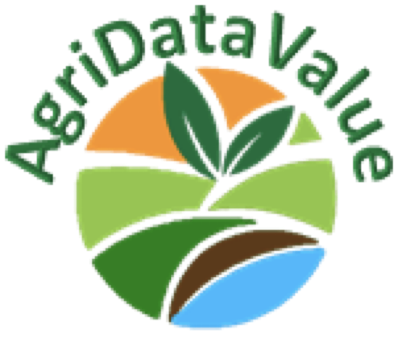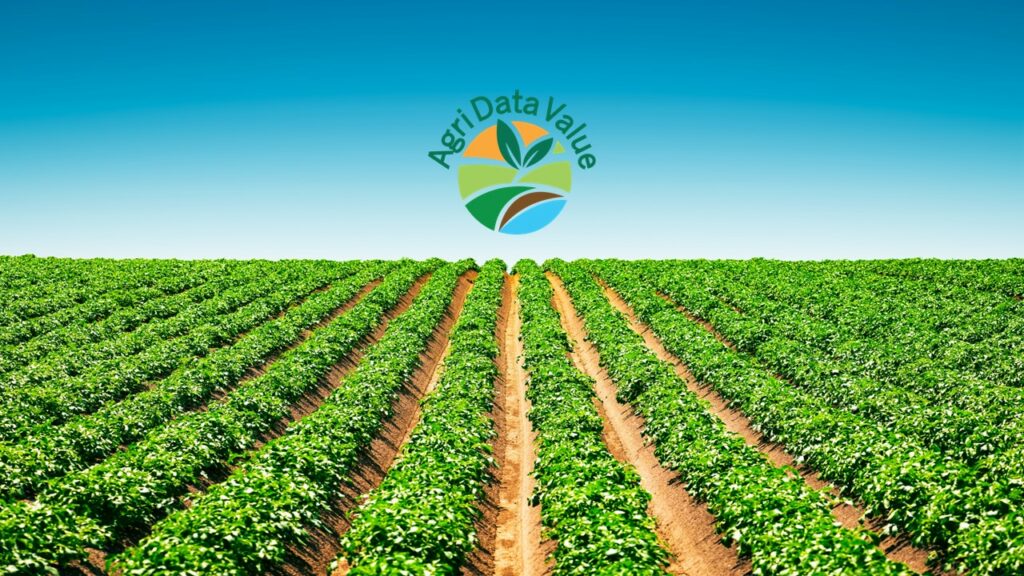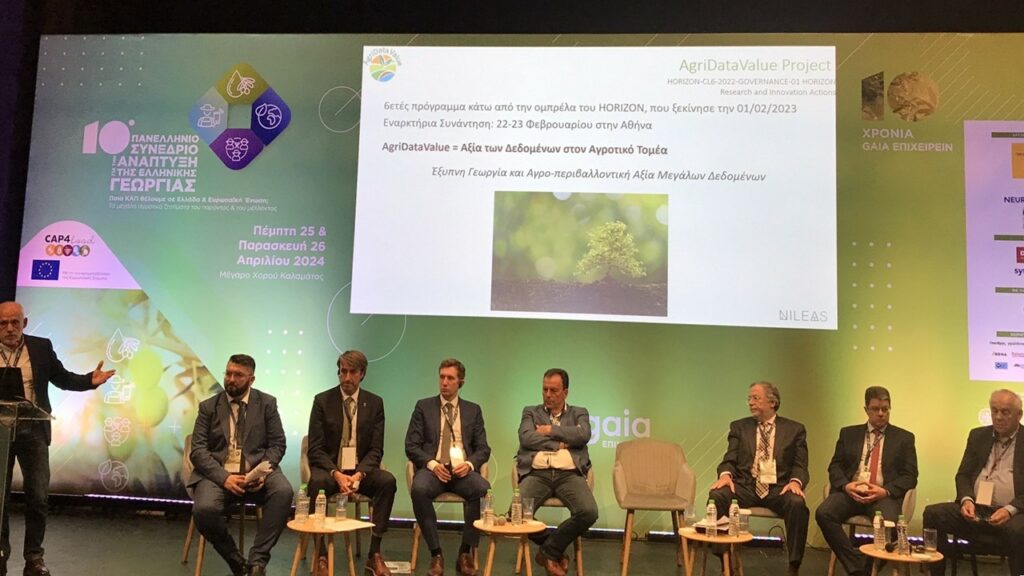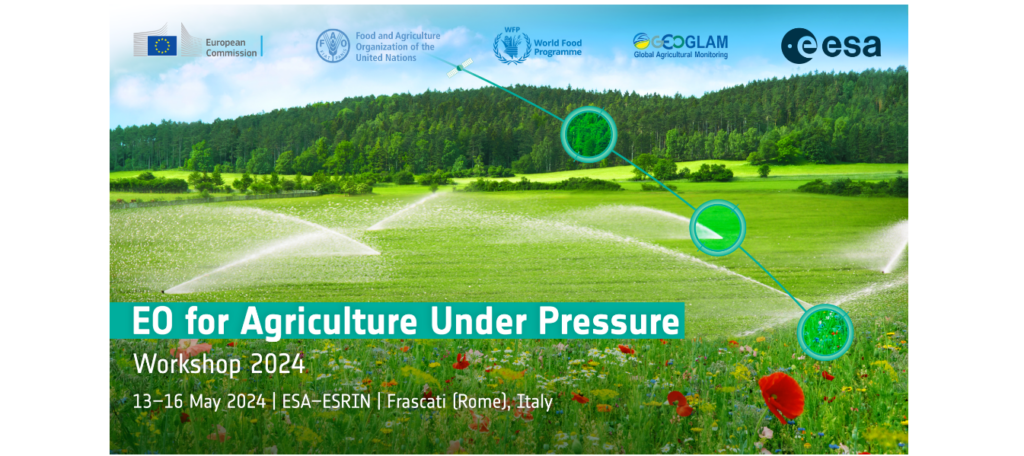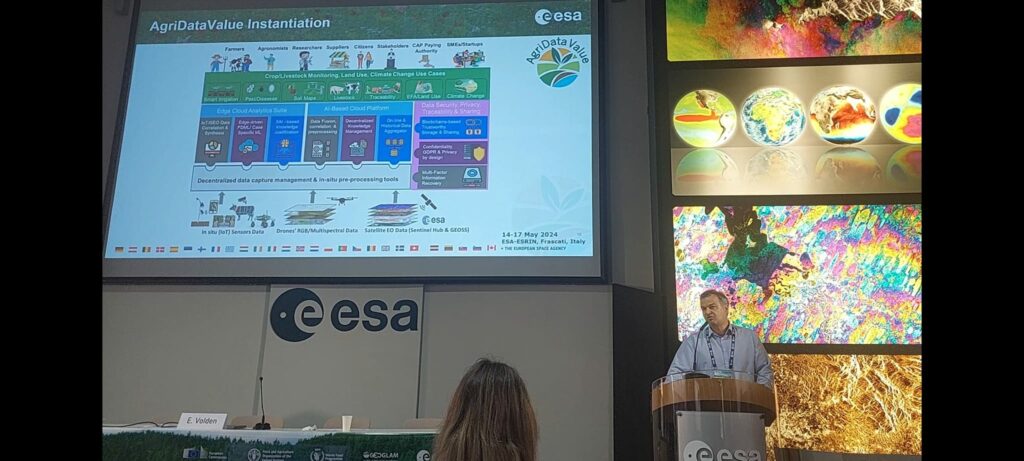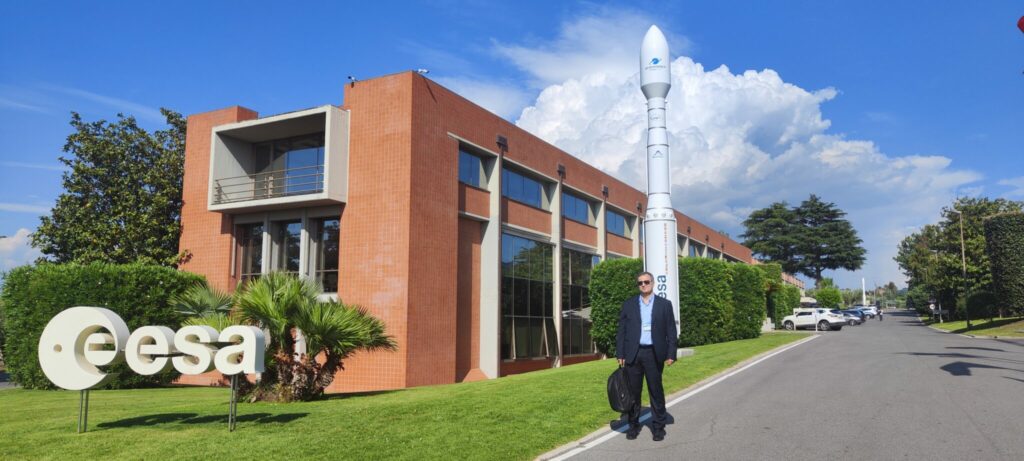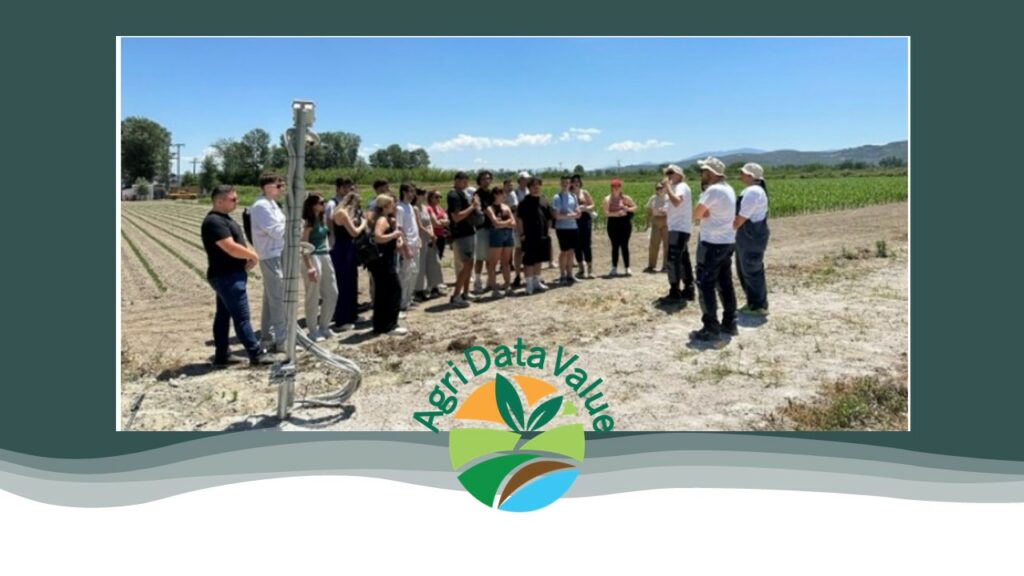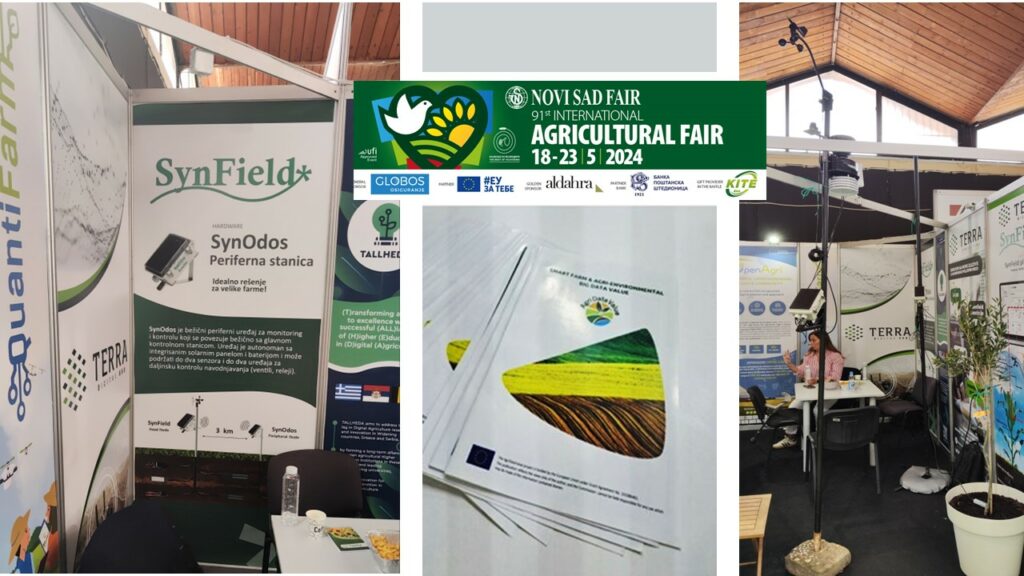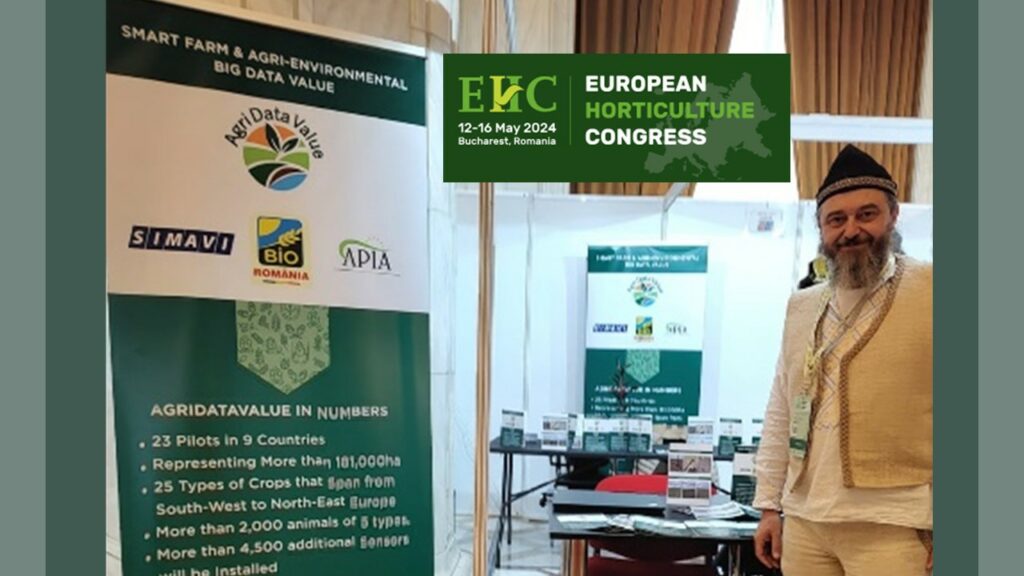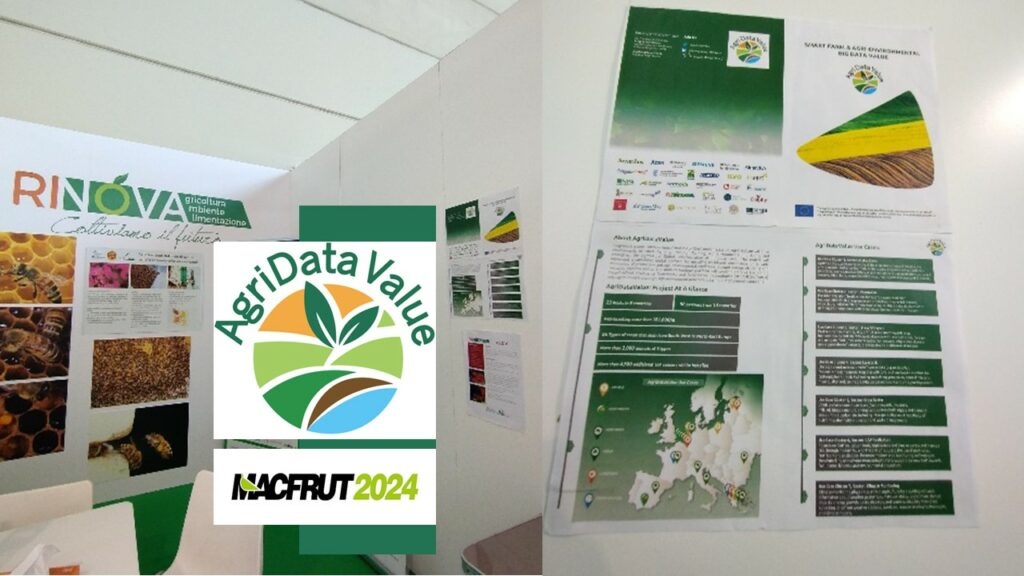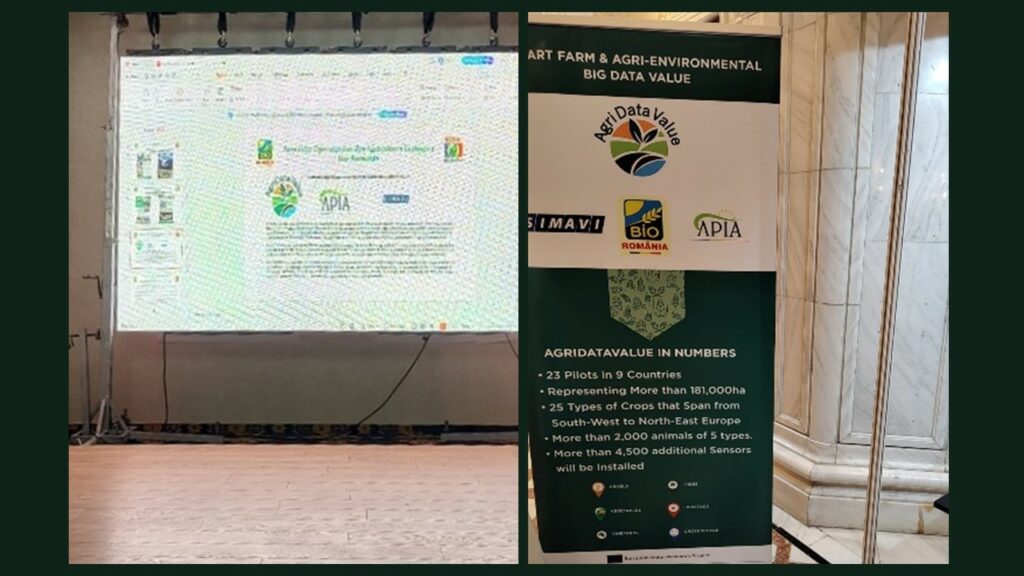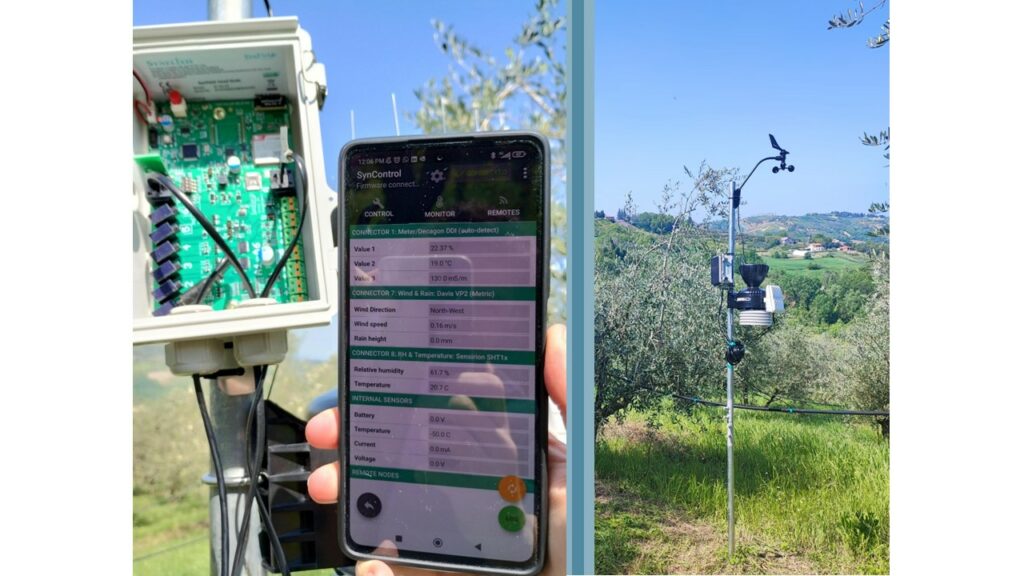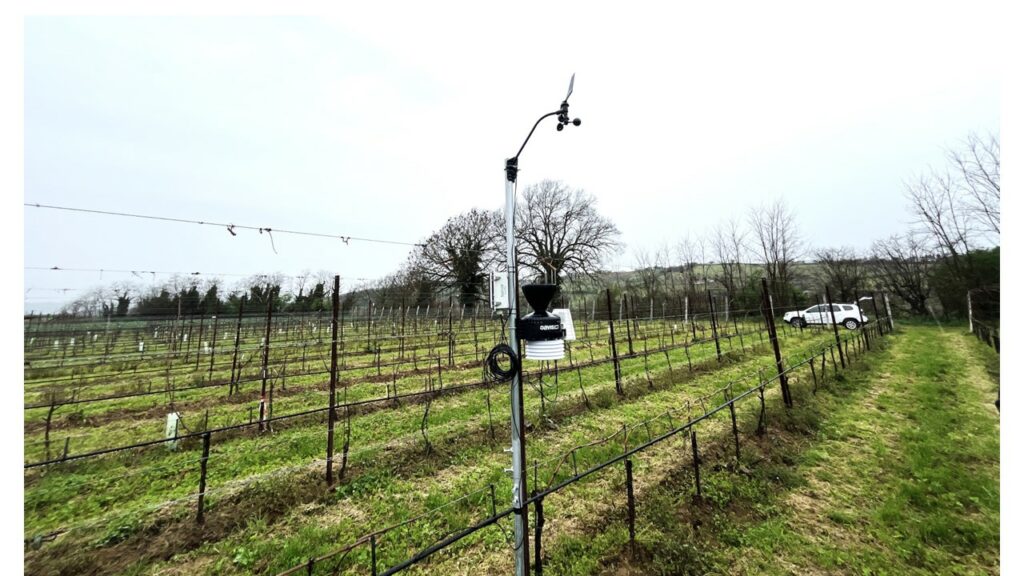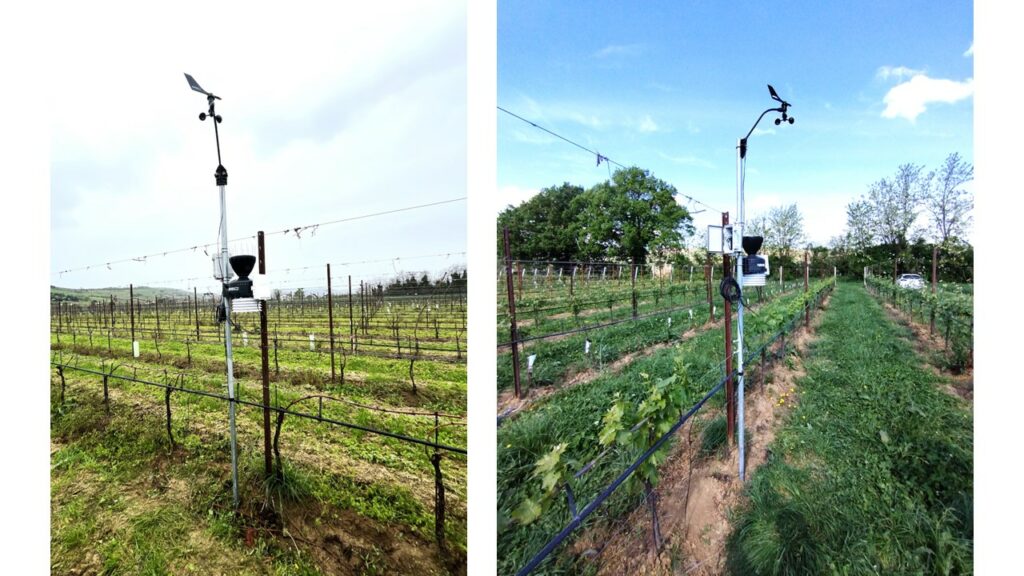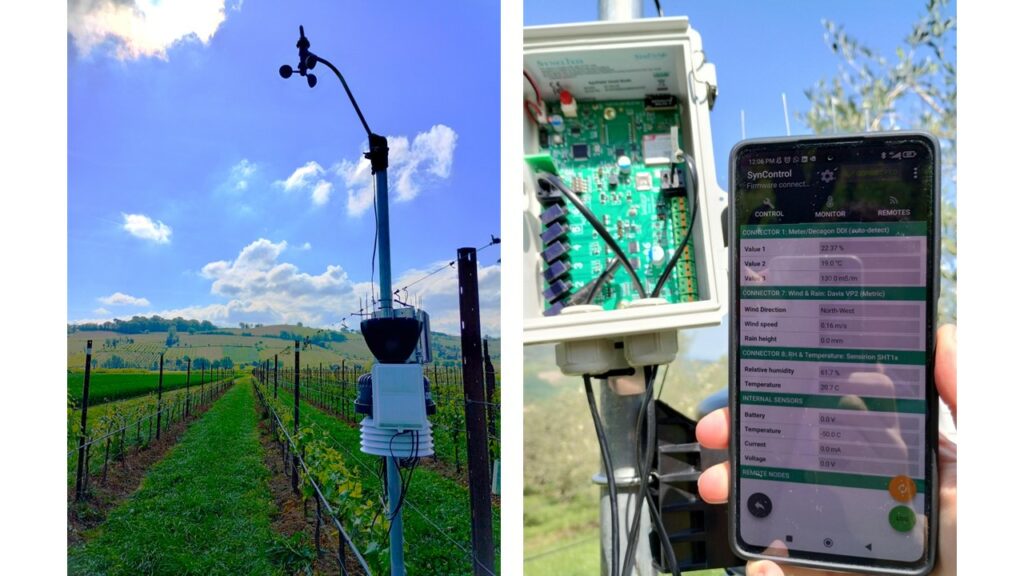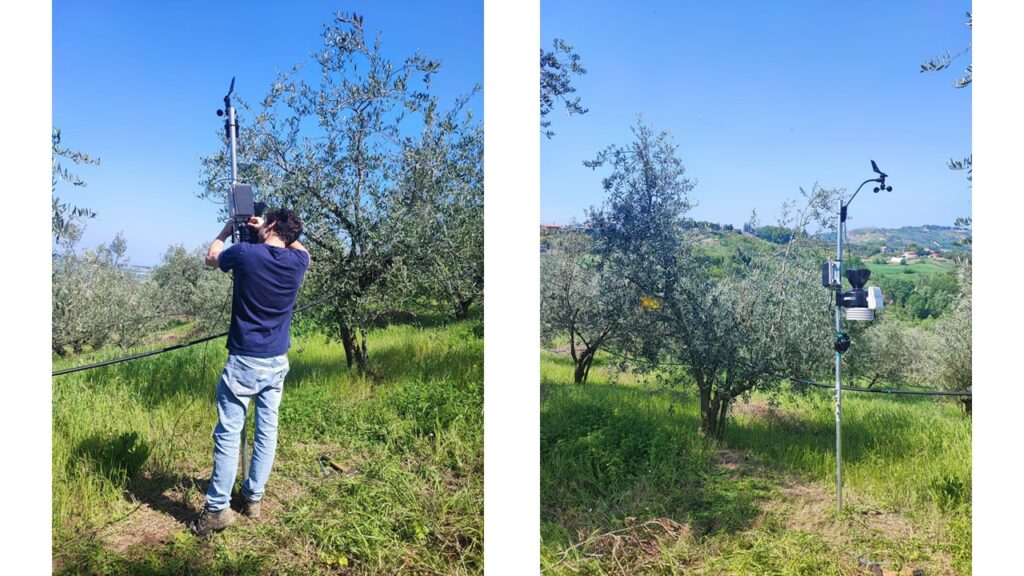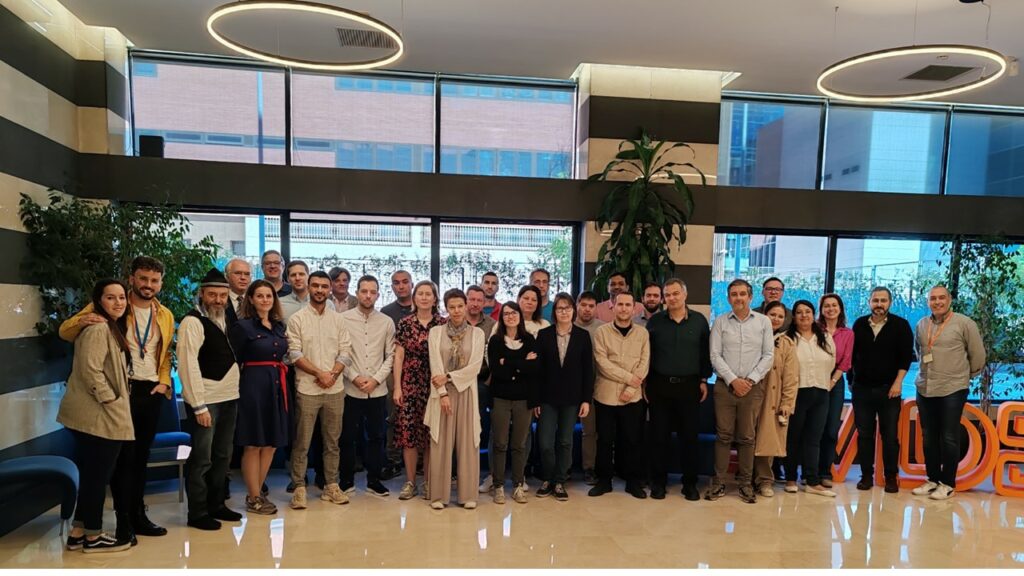Within the framework of the Common Agricultural Policy, farmers must comply with certain environmental and climate standards, which form the conditionality system and which reflect increased ecological ambitions and consistently contribute to the fulfilment of the objectives of the European Green Deal. Therefore, conditionality plays an important role in increasing the sustainability of European agriculture in the period 2023-2027. The specific objectives regarding the environment and climate, according to art. 6 (1) of Regulation (EU) No 2115/2021 on CAP Strategic Plans aim at mitigating climate change and adapting to it, a sustainable development and efficient management of natural resources (water, soil, air) and conservation of biodiversity and landscape elements. Compliance with the rules on conditionality is mandatory for farmers who receive decoupled direct payments, coupled direct payments, compensatory payments through interventions for rural development (environmental and climate commitments, natural constraints or other constraints specific to certain areas, maintaining forested areas) on the entire agricultural holding and throughout the calendar year in question. Conditionality rules include statutory management requirements (SMRs) and good agricultural and environment conditions (GAEC) standards relating to climate and environment, public and plant health and animal welfare. The way in which the conditionality rules contribute to the specific environmental and climate objectives set out in Regulation (EU) No 2115/2021 is as follows:
To mitigate the effects of climate change and adapt to it – art. 6(1)(d):
GAEC 1 – Maintenance of permanent grassland based on a proportional ratio between permanent grassland and agricultural area at national level compared to the reference year 2018. The maximum reduction is 5% compared to the reference year.

GAEC 1 standard is a new standard, which establishes the general protection clause against the conversion of permanent grassland to other agricultural uses, for the preservation of carbon stocks, as a conditionality for area payments (direct payment interventions and some rural development interventions). This GAEC standard also establishes specific obligations at the agricultural holding level, as follows:
• the prohibition of removing from the agricultural circuit and changing the category of use of permanent grassland, the prior authorization of the change of destination or use of permanent grassland, as well as the recovery of areas of permanent grassland converted to other uses by establishing new grasslands, from degraded/unproductive lands;
• the reconversion of some lands into permanent grassland or the creation of permanent grassland areas for farmers who have at their disposal lands that have been transformed from permanent grassland into lands for other uses, if the proportional ratio is reduced by more than 5% compared to reference year and the competent authority imposes such measures under GAEC 1.
GAEC 2 – Protection of wetlands and peatlands
The GAEC 2 standard is a new standard with the main objective of protecting carbon-rich soils. This GAEC standard establishes obligations for farmers who own or manage agricultural land and who develop agricultural activities in the perimeter of wetlands and peatlands, as follows:
• to comply with the management plan and the rules of the protected natural area with regard to the use of agricultural land and the regime of agricultural activities, in the case of wetlands and peatlands designated as protected natural areas;
• to follow the environmental impact assessment procedure/strategic environmental assessment/adequate assessment for plans or projects, as well as the authorization procedure for activities that may affect the protected natural area, especially those aimed at: surface and underground fresh water abstraction, the introduction of pollutants, the exploitation of peat and the deliberate introduction of non-native species;
• not to carry out activities contrary to the purpose of protection and conservation of natural habitats, flora and fauna, including carbon-rich soils around the perimeter of wetlands and peatlands – prohibited activities, such as: draining, burning and clearing of wetlands and peatlands, including agricultural land surfaces; discharge of pollutants into surface and underground waters, waste storage; exploitation of peat; the deliberate introduction of non-native species into wetlands and peatlands; conversion of wetlands and peatlands; changes in land use and water flow; ploughing permanent grasslands in wetlands and peatlands; deep soil works, at depths greater than 25 cm;
• to comply with the minimum conservation measures established by the administrators of protected natural areas, in the case of wetlands and peatlands designated as protected natural areas for which management plans have not yet been developed/approved, according to the legislation in force;
• in the case of wetlands and peatlands, other than those designated natural protected areas or which are located outside natural protected areas, the minimum conservation measures established by the competent authority for environmental protection are respected. This includes, among other things, the prohibition of new drainages and the ploughing of permanent grasslands in wetlands and peatlands.
GAEC 3 – Prohibition of burning stubble, dry vegetation and plant debris on arable land
The main objective of this GAEC standard is to maintain the level of organic matter in the soil, by prohibiting the burning of stubble, dry vegetation and existing plant residues on arable land, thus ensuring the reduction of GHG emissions and soil coverage in the most sensitive periods. For sustainable development and efficient management of natural resources (water, soil, air) (OS5) – art. 6(1)(e):
The following will contribute to the protection and improvement of water quality:
GAEC 4 – Creation of buffer strips (protection strips) along watercourses. This GAEC standard has as its main objective the protection of watercourses against pollution and siltation, having the following mandatory requirements for farmers:
• the establishment of buffer strips (protection strips) on agricultural land adjacent to watercourse protection zones, in which the application of fertilizers and plant protection products is prohibited. The minimum width of buffer strips varies according to the slope of the land, as follows: 3 m for land with a slope of up to 12% and 5 m for land with a slope of more than 12%;
• maintaining the existing buffer strips (protection strips) on the agricultural land adjacent to the protection zones of the watercourses in which the application of fertilizers and plant protection products is prohibited.
As additional ambitions, compared to the previous version 2014-2020, we note the introduction of the ban on the application of plant protection products on buffer strips along watercourses, in addition to the requirements of the Nitrates Directive regarding fertilizers, as well as the increase of the minimum strip width buffer at 3m (versus 1m in the previous version) for pitches up to 12% and at 5m (versus 3m in the previous version) for pitches above 12%.
SMR 1 through the application of measures to prevent or control the introduction of pollutants from diffuse sources, the prohibition of the direct discharge of pollutants into groundwater, measures to eliminate surface water pollution with priority hazardous substances in the water field and the gradual reduction of pollution with other substances that would affect water quality, control of emissions, application of codes of good practice, control of sampling, use of adapted agricultural productions (crops with low water requirements in areas affected by drought), efficient technologies in terms of water consumption, techniques of irrigation that has low water consumption, rehabilitation of irrigation infrastructure, flood risk management (protection/collection/drainage infrastructure – dikes, canals, drainage), etc.
SMR 2 by observing the prohibition periods for the application of organic and chemical fertilizers on agricultural land, observing the rules regarding manure storage, respectively the location and sizing of manure storage capacities, observing the rules regarding the application of fertilizers on agricultural land in terms of the maximum amount of nitrogen that can be applied to the agricultural land, the fertilization plan and the nutrient pressure at the level of the agricultural holding, compliance with the general requirements for the application of fertilizers and the obligations regarding the techniques of applying organic and chemical fertilizers to the agricultural land, compliance with the obligations regarding the application of fertilizers to the land agricultural land on a steep slope (greater than 12%), on land adjacent to watercourses and in the vicinity of drinking water intakes, on land saturated with water, flooded, frozen or covered with snow, compliance with the rules regarding the application of chemical and organic fertilizers with nitrogen on permanent grassland etc.
To protect the soil and increase its quality will contribute:
GAEC 5 – Earthworks management, reducing the risk of soil degradation and erosion, including consideration of slope.
This GAEC standard has as its primary objective minimum land management to reflect site-specific conditions for the purpose of erosion limitation, having the following requirements:
• soil works, including the sowing of crops, on arable land with a slope greater than 12% are carried out along contour lines. Land slope means the average slope of the agricultural plot used by the farmer;
• soil works are prohibited (ploughing, scarification, harrow and rotary hoe work, mechanical harrowing) on lands with very poorly fertile soils, unsuitable for arable use (quality class V), regardless of the slope of the land.
GAEC 6 – Minimum ground cover to avoid bare ground during the most sensitive periods. The main objective of this GAEC standard is to protect soils in the most sensitive periods and areas.
• to protect the soils during the most sensitive period of the year (June 15 – September 30), farmers must keep the land covered on at least 80% of the farm’s arable surface. Soil cover can be provided by stubble remaining after harvest, secondary crops, green cover crops or newly established fall crops. In the established interval the soil must be covered, except for the time required for the preparation of the land and the establishment of the main crop of no more than 2 weeks;
• in the case of permanent crops, the minimum soil coverage during the most sensitive period (June 15 – September 30) means grassy strips between rows, mulch or plant residues on at least 50% of the surface of the permanent crops in the farm.
Therefore, compared to the requirements of GAEC 4, from the period 2014-2020, this GAEC standard defines the most sensitive period for soil, in which the soil is most exposed to the action of environmental and anthropogenic factors (erosion and degradation) and establishes measures to protect the quality and fertility of agricultural soils by ensuring a minimum level of coverage and protection. In Romania, the most sensitive period for the soil is the summer period (June 15 – September 30) characterized by very high temperatures, lack of precipitation, pedological and atmospheric drought, other extreme weather phenomena that can cause excessive drying of the soil and the occurrence of erosion phenomena, degradation and desertification. The establishment of the most sensitive period for the soil is based on the evolution of the climate data from the last 3 years (2019-2021) recorded at meteorological stations representative of the agricultural territory of the country, compared to the climate data from the period 1981-2010 (average for the country), in terms regarding:
• average monthly air temperature (⁰C) per country, recorded in the summer months of 2019-2021, compared to the multi-year average 1981-2010;
• the monthly amounts of precipitation (l/m2) recorded per country, in the summer months of 2019-2021, compared to the multi-year average 1981-2010;
• the moisture reserve on the soil depth 0-100 cm (mc/ha), recorded in the summer months of 2019-2021, at weather stations with an agrometeorological program (a number of 66 agrometeorological stations).
GAEC 7 – Crop rotation on arable land, excluding crops growing under water
The GAEC 7 standard is a new standard, with the main objective of preserving the potential of soils, with the following requirements:
• general rule: a crop rotation is applied on arable land, except for crops growing under water. The rotation consists of alternating crops at least once a year (crop year) at the agricultural plot level, with the exception of perennial crops, grasses and other herbaceous forage plants, fallow land and crops in protected areas;
• as an exception to the general rule, one and the same plant species (main crop) can be cultivated on the same surface of arable land (agricultural plot), on no more than 50% of the arable surface of the holding, as follows: a) a period of no more than 3 consecutive years, with the obligation to establish a secondary crop different in species from the main crop between two main crops; b) a period of no more than 2 consecutive years on the areas where the main crop was harvested in late autumn (after November 1) as a result of unfavorable weather conditions, and the establishment of the secondary crop is no longer possible as there are no optimal conditions for emergence and plant development.
The rotation of crops at the level of the agricultural holding includes the crops established in the autumn of the previous year and the crops established in the spring of the current year of the submission of the payment request, including in the case of the requirement from letter a) paragraph above, the secondary crops managed accordingly. In the crop rotation plan, autumn varieties and spring varieties belonging to the same species, grown for the purpose of production (basic or main crops), are considered as the “same crop”. Secondary crops – grown in the period between two main crops and cover the entire period between those crops without a significant break. Secondary crops cover the soil for a period of at least 8 weeks after harvesting the main crop and must be different in species from them. Secondary crops also include successional crops or double crops sown for harvesting or grazing.Thus, compared to the 2014-2020 period in which such requirements were not applied (norms regarding eco-conditionality), this standard imposes a set of specific requirements, namely agricultural practices dedicated to maintaining the production potential of agricultural soils (soil fertility). For the conservation of biodiversity and landscape elements (OS6) – art. 6(1) (f) will contribute:
GAEC 8 – The minimum percentage of the agricultural area dedicated to non-productive areas or elements; Maintenance of landscape elements; Prohibition of cutting hedges and trees during the period of reproduction and growth of birds; Measures to avoid invasive plant species.

This GAEC standard has as its main objective the maintenance of non-productive elements and areas in order to improve agricultural biodiversity, with the following requirements:
• the minimum percentage of the agricultural area dedicated to non-productive areas or elements at the holding level is ensured, by applying one of the following options: a) the minimum share of at least 4% of the arable land at the holding level allocated to non-productive areas or elements, including abandoned lands fallow; b) the minimum share of at least 7% of arable land at farm level if it includes nitrogen-fixing crops, cultivated without the use of plant protection products, of which 3% represents land left fallow or non-productive elements;
• the landscape elements are maintained, including hedges/wooded strips, isolated trees , trees in a line, group of trees/ shrub stands , ditches/rivers, earth mounds/mounds and existing terraces on agricultural land;
• it is forbidden to cut hedges and trees during the reproduction period and breeding of wild birds (period March 15 – August 31);
• measures are taken to avoid the installation and expansion of invasive plant species on agricultural land.
GAEC 9 – Prohibition of conversion or ploughing of permanent grassland designated as ecologically sensitive permanent grassland within the perimeter of Natura 2000 sites

GAEC 9 standard is a new standard with the main objective of protecting habitats and species, with the following requirements:
• it is prohibited to change the destination or ploughing permanent grasslands designated as ecologically sensitive permanent grasslands within the perimeter of Natura 2000 sites;
• the exploitation and maintenance works of permanent grassland in the perimeter of Natura 2000 sites are carried out in compliance with the conservation measures provided for in the site management plans or in compliance with the minimum conservation measures established by the site administrator, until the management plan is approved.
In the application of this standard, it is considered “ecologically sensitive permanent grassland” within the perimeter of Natura 2000 sites, permanent grassland that constitute a natural habitat (priority habitat) whose conservation requires the declaration of a special conservation area, as well as permanent grassland that constitute an important habitat for species of wild flora and fauna (priority species) that are the subject of site conservation.
Thus, compared to the period 2014-2020 when no such standards were applied, the application of GAEC 9 requirements regarding the prohibition of conversion/ploughing of ecologically sensitive permanent grasslands, as well as their proper operation and maintenance will bring a significant contribution to the protection of natural habitats, flora and fauna in Natura 2000 sites.
SMR 3 through the compliance by the farmers of the measures provided for in the management plan and the regulations of the avifaunistic special protection area in terms of the use of land surfaces for agricultural purposes and the regime of agricultural activities, going through the procedure of environmental impact assessment/strategic environmental assessment/assessment appropriate for projects or plans, as well as the authorization procedure for activities that can significantly affect the avifaunistic special protection area, the prohibition of the intentional killing or capture of wild birds, the intentional damage, destruction and/or collection of nests and/or eggs from nature, collecting eggs from nature and keeping them, intentionally disturbing wild birds by burning vegetation, cutting hedges, trees/shrubs and agroforestry curtains existing on agricultural land or changes in land use and water flow. SMR 4 through the compliance by farmers of the management plan and the regulation of the protected natural area in terms of the use of land surfaces for agricultural purposes and the regime of agricultural activities, the application of the environmental impact assessment procedure/strategic environmental assessment/appropriate assessment for projects or plans, as well as the authorization procedure for activities that can significantly affect the protected natural area, the prohibition of harvesting, capturing, killing, destroying or harming specimens in their natural environment, intentional disturbance during the period of reproduction, growth, hibernation and migration, the prohibition of damage, destruction and/or intentional collection of nests and/or eggs from nature, damage and/or destruction of breeding or resting places of wild animal species through activities such as burning vegetation, cutting hedges, trees/ shrub stands and existing agroforestry curtains on agricultural land or changes in land use and watercourses, the prohibition of harvesting flowers and fruits, picking, cutting, uprooting or intentionally destroying wild plant species in their natural habitats, in any between the stages of their biological cycle.
Considering the previously described elements, the necessary conditions are ensured for the large-scale sustainability of agricultural activities carried out by farmers in Romania during the period of implementation of the PNS, as well as a consistent contribution to the objectives regarding climate change, natural resource management and biodiversity protection.
*The Paying and Intervention Agency for Agriculture (APIA) is the paying agency in Romania responsible for managing certain forms of support for farmers, financed from the European Agricultural Guarantee Fund (EAGF), the European Agricultural Fund for Rural Development (EAFRD) and from the national budget (NB). Our mission as a paying agency is structured around 3 pillars: managing payment requests, controlling them and paying the support to farmers. The agency annually manages a number of approximately 750,000 payment requests, for an area of 9,8 million hectares.

